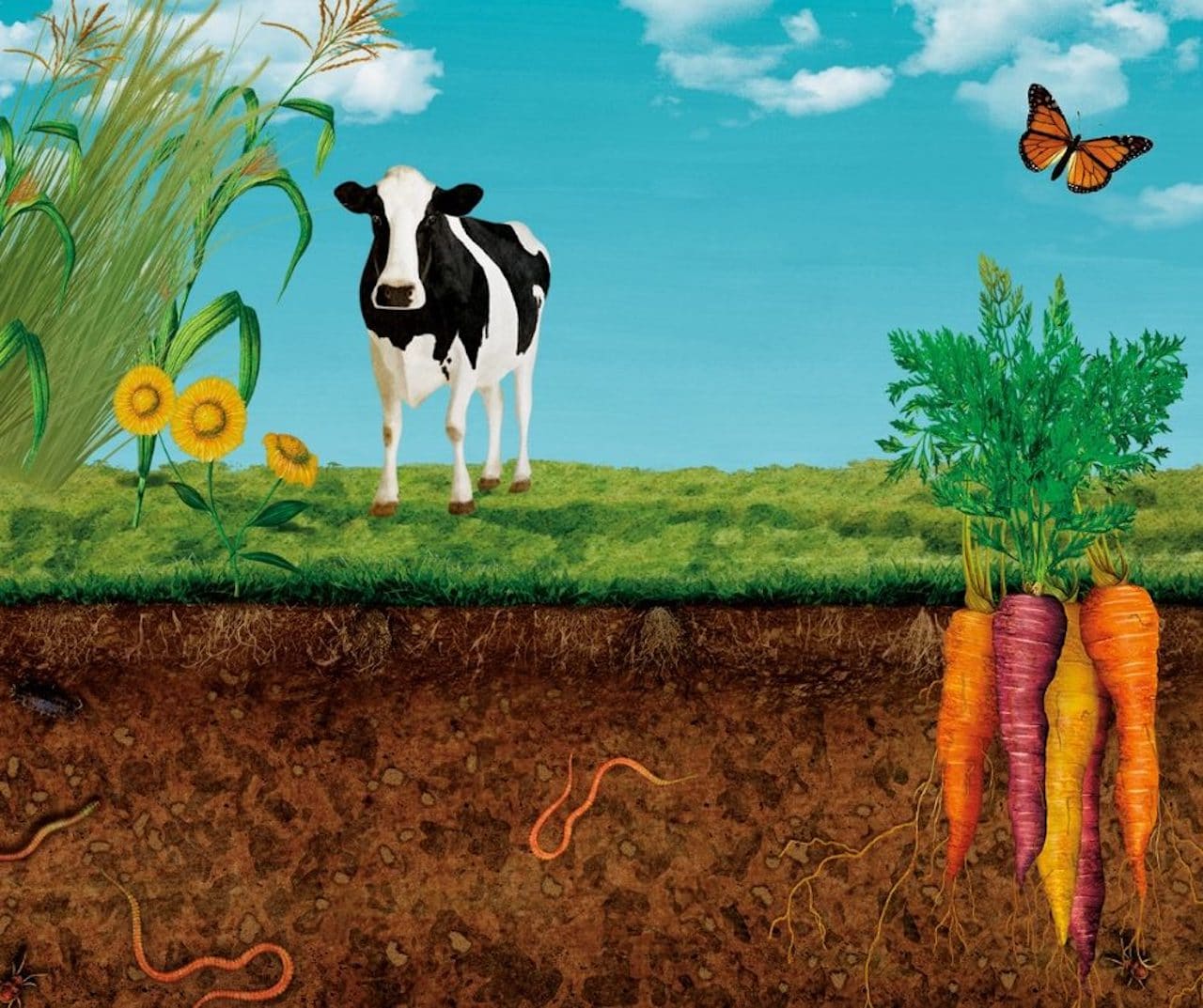Current organic standards have undergone a ‘major review’ by the Soil Association (SA), in a bid to ensure organic farmers and processors can ‘provide the highest level of protection for the environment, food and livestock in the most straightforward way possible’, says the organic certifier.
The SA sought input from members of the public as well as farmers, expert advisers and figures in the food industry. The public consultation took place in 2016, leading to an outcome which will see standards becomes easier for both licensees and the public to ‘use and understand’.
Planning to further strengthen certain areas of its remit – such as animal welfare – the SA will bring the updated standards into effect from spring 2019. Key changes for farmers will include: natural cover required on poultry ranges; a strengthened approach to antibiotics, with a ban on the use of colistin; the removal of ‘unnecessary barriers and bureaucracy’ for veterinary medicines; CCTV in abattoirs; ‘slimmed down’ documents with less repetition; and more freedom to innovate, which focuses on the goal, not on ‘prescribing how you get there’.
Our expert committees and consultations have ensured the new standards are practical for our licensees and encourage them to innovate
Dr Benjamin Dent, chair of the SA Standards Board, describes the process as an ‘extremely thorough, evidence-based review’. “Our expert committees and consultations have ensured the new standards are practical for our licensees and encourage them to innovate, and that where we are more demanding than the regulations, that this is justified in terms of enhanced impacts on animal welfare and the environment.”
An online version of the new standards can be previewed at https://bit.ly/2RRKq9t





